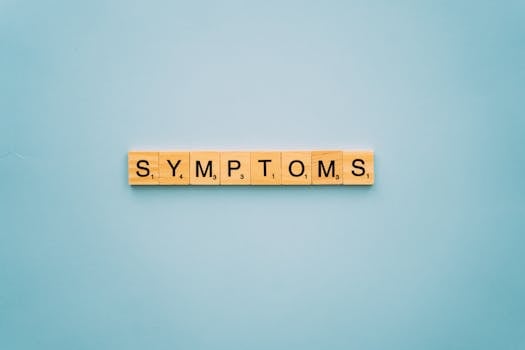Introduction
Prostate cancer is a serious health concern for men worldwide. Understanding the signs and symptoms of this disease is crucial for early detection and effective treatment. In this article, we'll delve into the various aspects of prostate cancer, from risk factors to common symptoms and screening methods. Let's get started on the journey to better prostate health.
What is Prostate Cancer?
Before we discuss how to recognize prostate cancer, it's essential to grasp what it is.Prostate cancer initiates when cells within the prostate gland undergo uncontrolled growth. The prostate gland is a walnut-sized organ located just below the bladder and plays a vital role in male reproductive health.
Risk Factors
Knowing the risk factors associated with prostate cancer is the first step in determining your susceptibility to the disease.
Age
Prostate cancer primarily affects older men, with the risk increasing significantly after the age of 50.
Family History
If you have a family history of prostate cancer, your risk of developing it is higher. Genetics can play a significant role in prostate cancer.
Race
African-American men are at a higher risk of prostate cancer compared to men of other racial backgrounds.
Diet and Lifestyle
A diet high in red meat and a sedentary lifestyle can increase your risk of prostate cancer.
Recognizing the Signs
Detecting prostate cancer in its early stages is critical for successful treatment. Here are several signs and symptoms to remain vigilant about.:
1. Urinary Changes
Frequent urination, especially at night, weak urine flow, and difficulty starting and stopping urination can be early indicators.
2. Blood in Urine or Semen
The presence of blood in urine or semen should not be ignored and may signal a problem with the prostate.
3. Erectile Dysfunction
Prostate cancer can lead to erectile dysfunction, although it can have other causes as well.
4. Pain or Discomfort
Persistent pain or discomfort in the pelvic area, lower back, or upper thighs should be evaluated.
Diagnosis and Screening
If you suspect prostate cancer or have risk factors, consult a healthcare professional. They may recommend the following diagnostic tests:
1. Digital Rectal Exam (DRE)
This physical examination allows the doctor to feel for any abnormalities in the prostate gland.
2. Prostate-Specific Antigen (PSA) Test
A blood test measuring PSA levels can help detect prostate cancer in its early stages.
3. Biopsy
A biopsy involves taking a small tissue sample from the prostate for laboratory analysis.
Treatment Options
When prostate cancer is confirmed, various treatment choices become accessible:
1. Active Surveillance
In cases of slow-growing cancer, active surveillance involves regular monitoring without immediate treatment.
2. Surgery
Surgical removal of the prostate gland may be recommended in more advanced cases.
3. Radiation Therapy
High-energy rays are used to kill cancer cells or prevent their growth.
4. Hormone Therapy
Hormone therapy can slow the growth of prostate cancer by reducing the levels of male hormones in the body.
Conclusion
Prostate cancer is a significant health concern, but early detection can lead to effective treatment and a higher chance of recovery. Understanding the risk factors and recognizing the signs and symptoms are crucial steps in protecting your prostate health.
FAQs
1. Are all prostate cancers aggressive?
No, not all prostate cancers are aggressive. Some are slow-growing and may not require immediate treatment.
2. Can lifestyle changes reduce the risk of prostate cancer?
Yes, adopting a healthy diet and an active lifestyle can help reduce the risk of prostate cancer.
3. What is the survival rate for prostate cancer?
The survival outlook for prostate cancer fluctuates depending on the stage at which it is diagnosed.
4. Is prostate cancer hereditary?
While genetics can play a role, not all cases of prostate cancer are hereditary.
5. Can women get prostate cancer?
No, prostate cancer is exclusive to men as it originates in the prostate gland, which women do not have.
In conclusion, being proactive about your prostate health is essential. By understanding the risk factors, recognizing potential symptoms, and seeking timely medical advice, you can increase your chances of detecting prostate cancer early and receiving effective treatment. Feel free to openly address any worries or questions with your healthcare provider. Your health matters, and taking the right steps can make a significant difference in your well-being.






No comments: